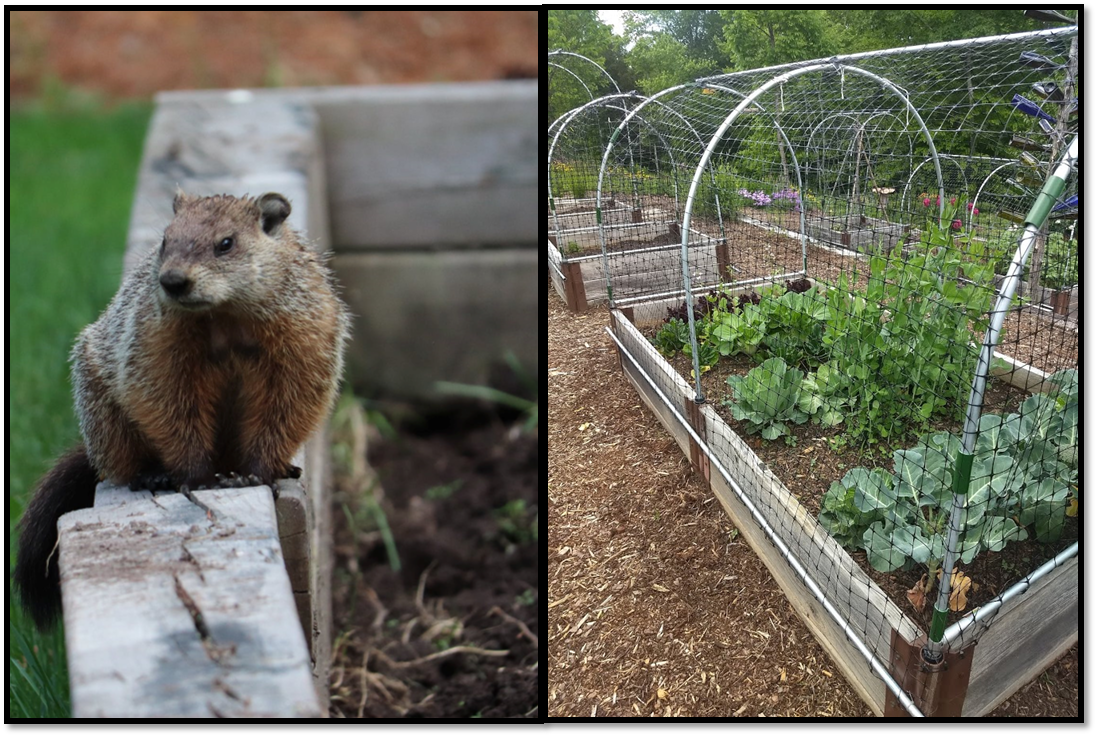Wildlife Management in Your Garden
go.ncsu.edu/readext?802004
en Español / em Português
El inglés es el idioma de control de esta página. En la medida en que haya algún conflicto entre la traducción al inglés y la traducción, el inglés prevalece.
Al hacer clic en el enlace de traducción se activa un servicio de traducción gratuito para convertir la página al español. Al igual que con cualquier traducción por Internet, la conversión no es sensible al contexto y puede que no traduzca el texto en su significado original. NC State Extension no garantiza la exactitud del texto traducido. Por favor, tenga en cuenta que algunas aplicaciones y/o servicios pueden no funcionar como se espera cuando se traducen.
Português
Inglês é o idioma de controle desta página. Na medida que haja algum conflito entre o texto original em Inglês e a tradução, o Inglês prevalece.
Ao clicar no link de tradução, um serviço gratuito de tradução será ativado para converter a página para o Português. Como em qualquer tradução pela internet, a conversão não é sensivel ao contexto e pode não ocorrer a tradução para o significado orginal. O serviço de Extensão da Carolina do Norte (NC State Extension) não garante a exatidão do texto traduzido. Por favor, observe que algumas funções ou serviços podem não funcionar como esperado após a tradução.
English
English is the controlling language of this page. To the extent there is any conflict between the English text and the translation, English controls.
Clicking on the translation link activates a free translation service to convert the page to Spanish. As with any Internet translation, the conversion is not context-sensitive and may not translate the text to its original meaning. NC State Extension does not guarantee the accuracy of the translated text. Please note that some applications and/or services may not function as expected when translated.
Collapse ▲Wildlife can bring endless enjoyment to a gardener, and at the same time, it can be a challenge. With development increasing across North Carolina and the loss of open lands, many wildlife species have adapted to survive in close proximity to humans. As a result, your garden might be a target as a local delicacy for our furry friends!
Do not let this worry you, there are many effective strategies that can be implemented to manage nuisance wildlife species. If these strategies are implemented in the following order, often chemical or lethal controls become unnecessary.
Habitat modification – changes in habitat to make it less appealing, including removal of food or shelter.
Exclusion – creating physical barriers to wildlife. This is achieved in many different ways, such as fencing, netting, and many more creative ideas.
Repellents – frightening, sound, taste, odor, or tactile sensation. Remember when using repellents, read the product’s label to guarantee you are using the product in the correct manner.
Trapping – capturing the animal. Keep in mind that trapping may only be conducted during the legal trapping season for a given species or under an appropriate depredation permit. Consult the NC Wildlife Resources Commission for guidance prior to considering trapping as a management option.
Lethal control – harvesting of the animal. Consult the NC Wildlife Resources Commission for guidance prior to harvesting an animal.
Would You Like to Learn More?
N.C. Cooperative Extension of Stokes County Agriculture & Natural Resources Agent, Bryan Hartman, will be offering an online Wildlife Management in Your Garden class. The class will focus on habitat modification, exclusion, and management strategies to reduce wildlife damage in your garden.
There is no charge for the online class, but registration is required!
- 6/14/2020 at noon: Virtual Class
- 6/29/2020 at 7 p.m.: Virtual Class
Learn more from these Extension fact sheets: “WORKING WITH WILDLIFE” from NC State Extension. For more information, contact Bryan Hartman, Agriculture and Natural Resources Agent at bkhartman@ncat.edu.




